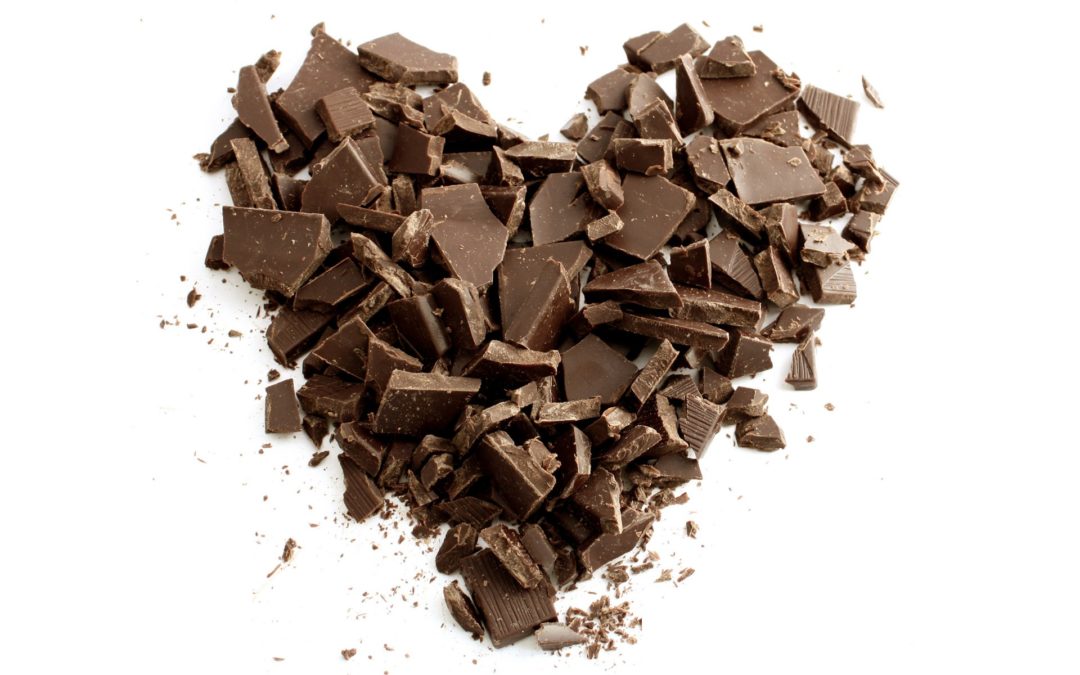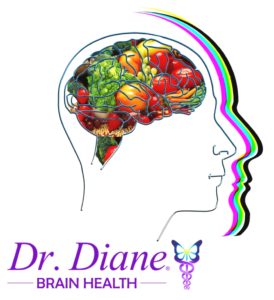July 7th is a special day for all chocolate enthusiasts around the world—it’s World Chocolate Day! And what better way to celebrate than by indulging in the exquisite delight of dark chocolate? Dark chocolate holds a unique place among the various chocolate varieties, as it offers not only a delicious taste but also a multitude of health benefits.
So, as you commemorate this sweet occasion, let’s explore the wonders of dark chocolate and why it deserves a special spot on your palate.
Dark chocolate, with its intense flavor and smooth texture, has gained recognition for its positive impact on our well-being. Unlike its sweeter counterparts, dark chocolate boasts a higher percentage of cocoa, usually 70% or more. This means that it contains a greater concentration of cocoa solids, which is where its remarkable health properties lie.
TIP! Dark chocolate is often overlooked by many people due to the misconception that it is overly bitter. If you find dark chocolate to be bitter, don’t chew it. Allow it to melt on your tongue. As the chocolate melts, the complex flavors of cocoa butter will unfold, overcoming the bitter notes. This mindful approach allows you to fully appreciate the unique characteristics of dark chocolate beyond its initial perception of bitterness.
History of Chocolate
The history of chocolate dates back thousands of years to ancient Mesoamerica, where the cultivation of cocoa beans first began. The Olmec civilization, around 1500 BCE, is believed to be the earliest known cultivators of cocoa. However, it was the Maya and Aztec civilizations that discovered the medicinal properties of cocoa, utilizing it as a remedy for stomach and intestinal ailments.
The Maya people, from approximately 250 CE to 900 CE, held cocoa in high regard. They considered it a sacred food, attributing mystical and divine properties to it. Chocolate, in the form of a bitter and frothy beverage known as “xocoatl,” played a crucial role in Maya religious rituals and ceremonies.
The arrival of Europeans in the 16th century brought about major changes in the history of chocolate. Christopher Columbus encountered cocoa during his travels, but it was Hernán Cortés, the Spanish conquistador, who played a crucial role in introducing chocolate to Europe. Cortés was introduced to the Aztec emperor Montezuma, who served him a luxurious chocolate beverage. Recognizing its value, Cortés brought cocoa beans back to Spain, where the drink was initially reserved for royalty and the aristocracy.
In Europe, the bitter taste of chocolate was tempered by adding sugar, honey, and various spices. This transformed it into a popular indulgence among the elite. Over time, chocolate houses and confectionery shops began to appear, making chocolate more accessible to the broader population.
In the 18th century, the Industrial Revolution revolutionized chocolate production. Mechanical mills were developed to grind cocoa beans, and new technologies enabled the production of solid chocolate bars.
The 19th and 20th centuries witnessed further advancements, such as the invention of milk chocolate by Daniel Peter and the creation of the first chocolate confections by Jean Neuhaus and Richard Cadbury.
Today, chocolate has become a global phenomenon, with numerous variations and flavors enjoyed by people around the world. Its rich history reflects the cultural, economic, and social significance it has held throughout the ages, from its ancient origins in Mesoamerica to its widespread popularity in the modern era.
Health Benefits of Dark Chocolate
For more than 20 years, I have been praising the virtues of dark chocolate to my patients with brain injuries, including those with concussions, strokes, multiple sclerosis, Parkinson’s disease, autism, and ADHD. In fact, I even included this valuable information in my latest book, “Coping with Concussion and Mild Traumatic Brain Injury.” Fortunately, the awareness of dark chocolate’s health benefits appears to be steadily expanding.
Numerous studies have provided evidence supporting the various health benefits associated with dark chocolate. Most of the benefits seen in research are associated with chocolate that has at least 70% cacao content.
Key health benefits:
- Antioxidant-rich: Dark chocolate is packed with antioxidants, such as flavonoids, which help combat oxidative stress and protect cells from damage caused by free radicals.
- Heart health: Studies have shown that dark chocolate can improve heart health by reducing the risk of heart disease. It may lower blood pressure, improve blood flow, reduce LDL cholesterol, and decrease the risk of blood clots.
- Cognitive function: The flavonoids in dark chocolate have been linked to improved brain function. They can enhance memory, attention, and cognitive performance, and may even have a positive impact on neuroplasticity, the brain’s ability to form new connections.
- Mood enhancement: Dark chocolate contains compounds that can stimulate the production of endorphins, which are known to enhance mood and promote feelings of happiness and well-being. A study published in the Journal of Psychopharmacology in 2013 demonstrated that daily consumption of dark chocolate led to a significant reduction in stress levels.
- Blood sugar regulation: Despite its sweet taste, dark chocolate has a lower glycemic index compared to other sugary treats. It can help regulate blood sugar levels and improve insulin sensitivity. Research published in the British Journal of Nutrition in 2015 found that dark chocolate consumption improved insulin sensitivity and reduced fasting insulin levels in individuals at risk of developing type 2 diabetes.
- Skin health: The antioxidants in dark chocolate can contribute to healthier skin by protecting against UV damage, improving hydration, and enhancing skin elasticity.
It’s important to note that while dark chocolate offers potential health benefits, moderation is key due to its calorie and fat content. Opt for high-quality dark chocolate with a high percentage of cocoa (70% or higher) and consume it in moderation as part of a balanced diet.
Summary
Dark chocolate has numerous benefits for memory, blood pressure, and mood. It helps alleviate depression and acts as an anti-inflammatory, making it a brain-friendly treat. And if it’s good for the brain, it’s good for you.
So, this Word Chocolate Day, I say reap the benefits of some good quality dark chocolate. And enjoy a few of my favorite recipes to help you celebrate:
Lastly, please remember that if you have experienced a brain injury, it is crucial to minimize sugar consumption in your diet. Refined sugar is detrimental to the brain in general and particularly harmful to a healing brain.



